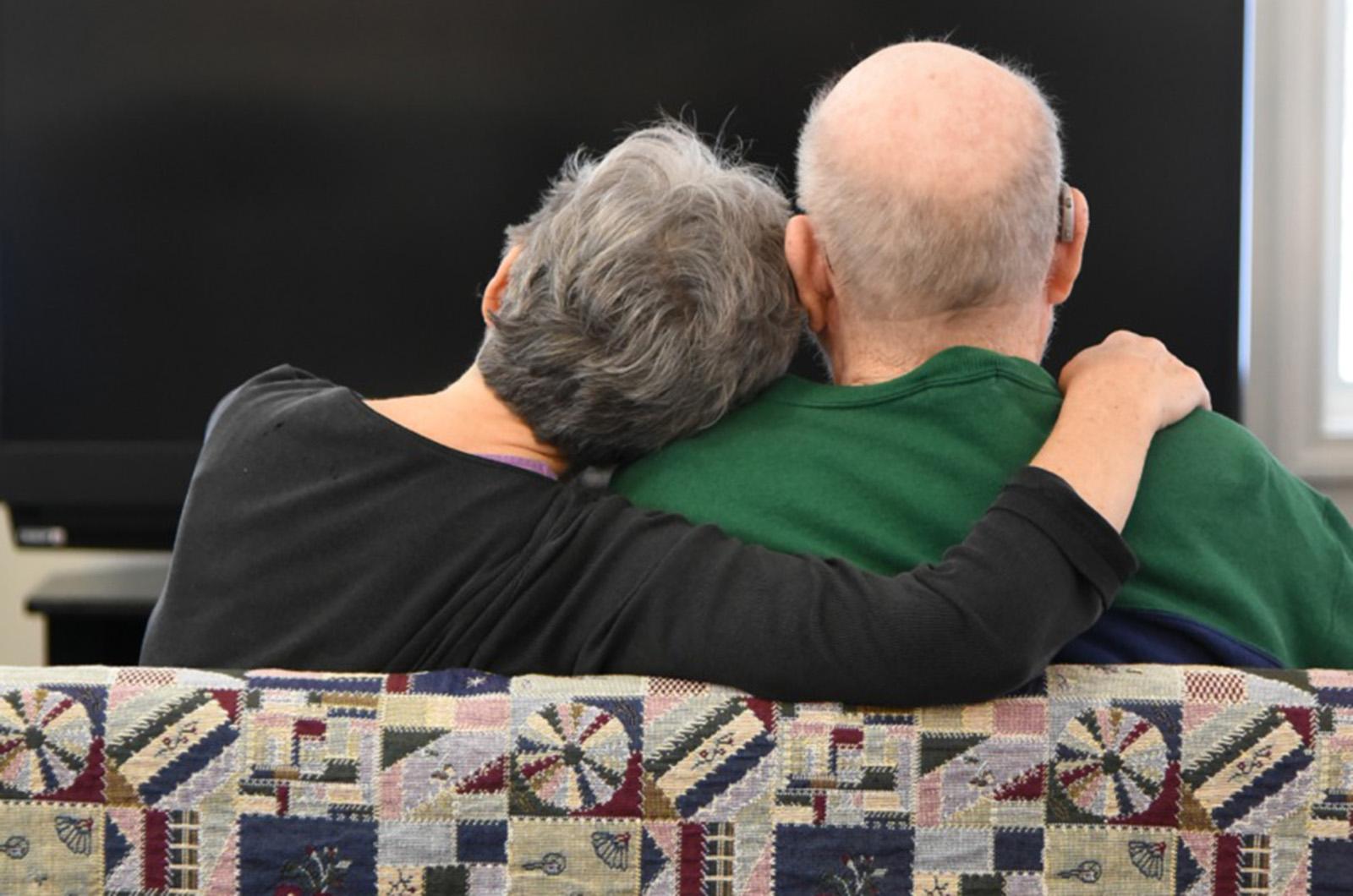It can happen here. Elder abuse, neglect and financial exploitation touch every corner of Massachusetts and Martha’s Vineyard is no exception. Geography confers no immunity.
In 2022, Elder Services of Cape Cod & the Islands screened in and assigned for investigation 85 cases reported from every Martha’s Vineyard town and village. Cases of abuse in later life and financial crimes against older people, reported to domestic violence helplines and law enforcement, raise the numbers even higher.
With one in three Vineyard residents age 65-plus, the call to action is urgent. Responding to the widespread but often hidden threat to the safety and dignity of older people, World Elder Abuse Awareness Day was launched on June 15, 2006 and commemorated every year since by the International Network for the Prevention of Elder Abuse and the World Health Organization at the United Nations.
Massachusetts law (M.G.L. Chapter 19A) defines elder abuse as an act or omission which results in a serious physical or emotional injury to an elderly person; or is the failure, inability or resistance of an elderly person to provide for himself or herself one or more of the necessities essential for physical and emotional well-being without which the elderly person would be unable to safely remain in the community.
State laws further define physical, emotional and sexual abuse; caretaker neglect and self-neglect; financial exploitation and related financial crimes.
Often, victimization is plural, such as emotional abuse or caregiver neglect coupled with financial exploitation.
Nationally, the U.S. Department of Justice estimates that 1 in 10 adults over the age of 65 will experience some form of elder abuse in a year, yet only 1 in 24 instances will be reported to authorities. Since research on the extent of elder abuse relies on surveyed self-reports and public agency data, elder abuse exceeds recorded data. World Elder Abuse Awareness Day calls upon us to learn more and dispel misunderstandings of elder abuse.
Myth #1: Most elder abuse happens in nursing homes. Not so. Elder abuse has no boundaries and most abuse occurs in the victim’s own home. Family members and others we trust are the leading predators. Home means privacy, but it may also result in isolation and opportunities for people to take advantage unnoticed.
Myth #2: If there are no physical signs, abuse did not occur. Not so. Abuse takes many forms. Physical abuse may leave no lasting, unequivocal signs or heal before an investigation begins. Threats of violence or abandonment leave emotional scars.
Myth #3: Wealthy people are protected from mistreatment and financial exploitation. Not so. No amount of wealth inoculates against being victimized. Complex private transactions in the wrong hands defeat accountability.
Myth #3: Falling for scams is a sign of dementia. Not so. Neither dementia nor a low IQ is a prerequisite for being scammed. Victims who are or have been materially successful are often too ashamed to report financial crimes.
Myth #4: At least the elderly are not at risk of sexual assault. Not so. The risk of sexual assault has no age limit. Sexual predators target people with physical and mental vulnerabilities at any age.
Myth #5: Elder abuse is a result of caregiver stress. Not so. Abuse, neglect and financial exploitation are most often intentional, not the result of a momentary lapse of patience.
Myth #6: You don’t find elder abuse in cultures that respect their elders. Not so. Elder abuse is a global problem that spurred the 1997 founding of The International Network for Prevention of Elder Abuse.
Myth #7: Elder abuse can’t be prosecuted because victims are unreliable witnesses. Not so. Trained prosecutors win elder abuse cases. Training, data sharing and multidisciplinary teams are making a difference in holding abusers accountable.
Myth #9: At least it’s not so bad when it’s only money. Not so. Severe emotional stress, precipitate or worsen depression, cause deterioration in physical health, cause loss of independence and result in a shortened lifespan.
Think globally, act locally is a fitting call to action for World Elder Abuse Awareness Day. We all have a role in preventing and responding to elder abuse on Martha’s Vineyard. Action begins with awareness.
For more information or to report suspected elder abuse, neglect or financial exploitation, contact Elder Services of Cape Cod and the Islands at 508-394-4630 or escci.org/elder-abuse-prevention.
Iris C. Freeman lives in Edgartown and is an elder justice policy specialist and educator.




Comments (6)
Comments
Comment policy »